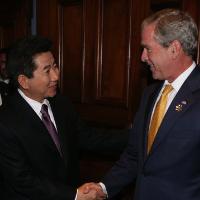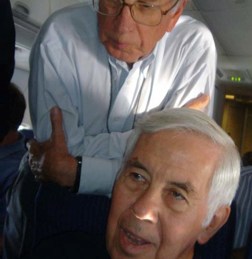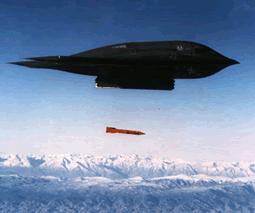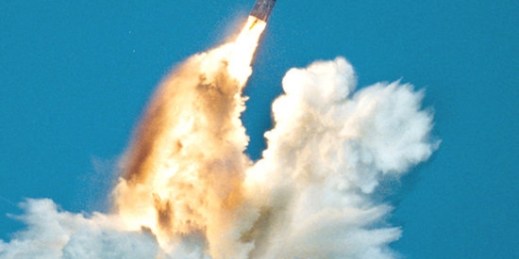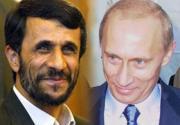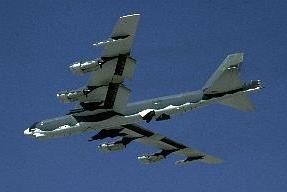
For approximately 36 hours last month, the U.S. Air Force lost track of half a dozen nuclear weapons. Although Air Force leaders characterize the event as a unique occurrence, the incident will likely encourage opposition to the Bush administration’s Prompt Global Strike plan, which aims give the United States the option of using nuclear and non-nuclear weapons on the same delivery systems. On Aug. 30, the crew of an Air Force B-52H Stratofortress unknowingly carried six nuclear-tipped AGM-129 cruise missiles while flying from Minot Air Force Base in North Dakota to Barksdale Air Force Base in Louisiana. Throughout the three-and-a-half-hour […]

